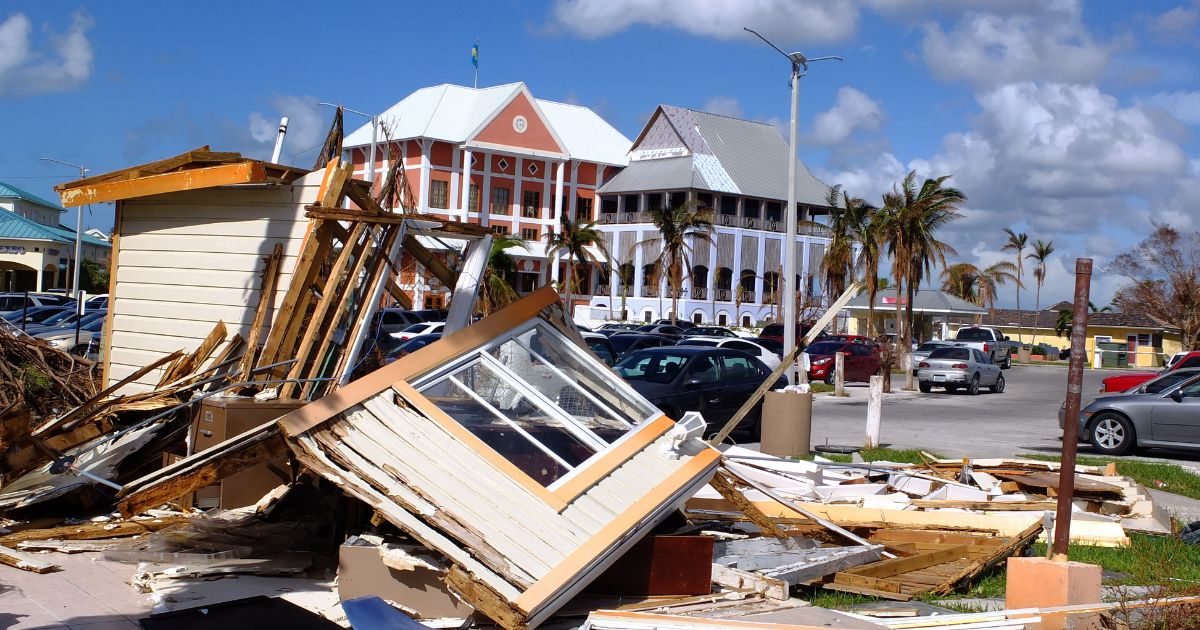Studies show that the average homeowner makes one claim every nine years. That means that most are inexperienced and unfamiliar with the process. Even worse, most don’t know what they are covered for. In fact, 40% of people surveyed are not sure if they have enough coverage to replace items lost in the event of a natural disaster.
For Florida residents, natural disasters like Hurricane Michael are an eye-opening reminder that what you don’t know about your insurance policy can hurt you when its time file an insurance claim. If the last time you even thought about your insurance coverage was when you signed up for it, you need to know these five things:
1. What’s Actually Covered?
A typical insurance policy covers your home, structures on your property like shed or garage and your personal property within your home. In most cases, if your home is damaged by a storm can you cannot move back in the cost of living expenses may be covered while your home is being repaired.
In addition to what is covered, your policy will outline what “perils” or types of damage are covered. This is important to know in advance of any major storms or events and prevent gaps in coverage.
Factors like your hurricane or flood zone, property elevation and the age of your home can influence your coverage. Find out how insurance companies typically assess risk and ways to lower your risk and insurance costs in Bankrate’s guide.
2. Hurricane Deductibles Are Separate
Your insurance policy requires you pay a “deductible” – a portion of the claim that you are responsible for if your home or business suffers a covered loss. Hurricane deductibles are separate and typically range from 1 % to 5% of the home’s value.
3. Flood Insurance Must Be Purchased Separately
Did you know flooding is usually not covered by a standard homeowners insurance policy? This is true even if the flooding was due to a hurricane. If you have a home or business in a federal flood zone, you were probably required to purchase coverage through the National Flood Insurance Program but it’s estimated that 75% of people lack proper flood coverage.
The first step in making sure your home or business is covered is by assessing your food risk. FEMA provides a great tool to determine if purchasing a flood insurance policy makes sense based on where you live.
4. What’s Excluded
Understand what is covered by your policy is important but so is understand what is not covered. This can help you spot coverage gaps and ensure you have the right policies in place with the right coverage amounts.
This is also important because in some cases, insurance companies will deny claims based on policy exclusions. Learn about reasons for property claim denials here.
5. Proper Documentation Can Streamline the Claim Process
After a storm, make sure you document all damages as soon as you can. This includes, but is not limited to, damages inside and outside your property and all personal belonging. The best way to do this is by taking pictures and videos. This documentation can help your insurer process your claim faster and resolve potential claim disputes.
Click here to get tips on what to document immediately after a storm.
Need Help With Your Insurance Claim?
Whether you are getting ready to make your or have already reported your claim, the experts at Murray + Murray can help ensure you are fairly and accuratley paid. Get started by calling 813-940-1500 or filling out our online contact form for a free case review.
%20LOGO%20FINAL.png?width=1089&height=252&name=MLG%20(PREMIUM)%20LOGO%20FINAL.png)
